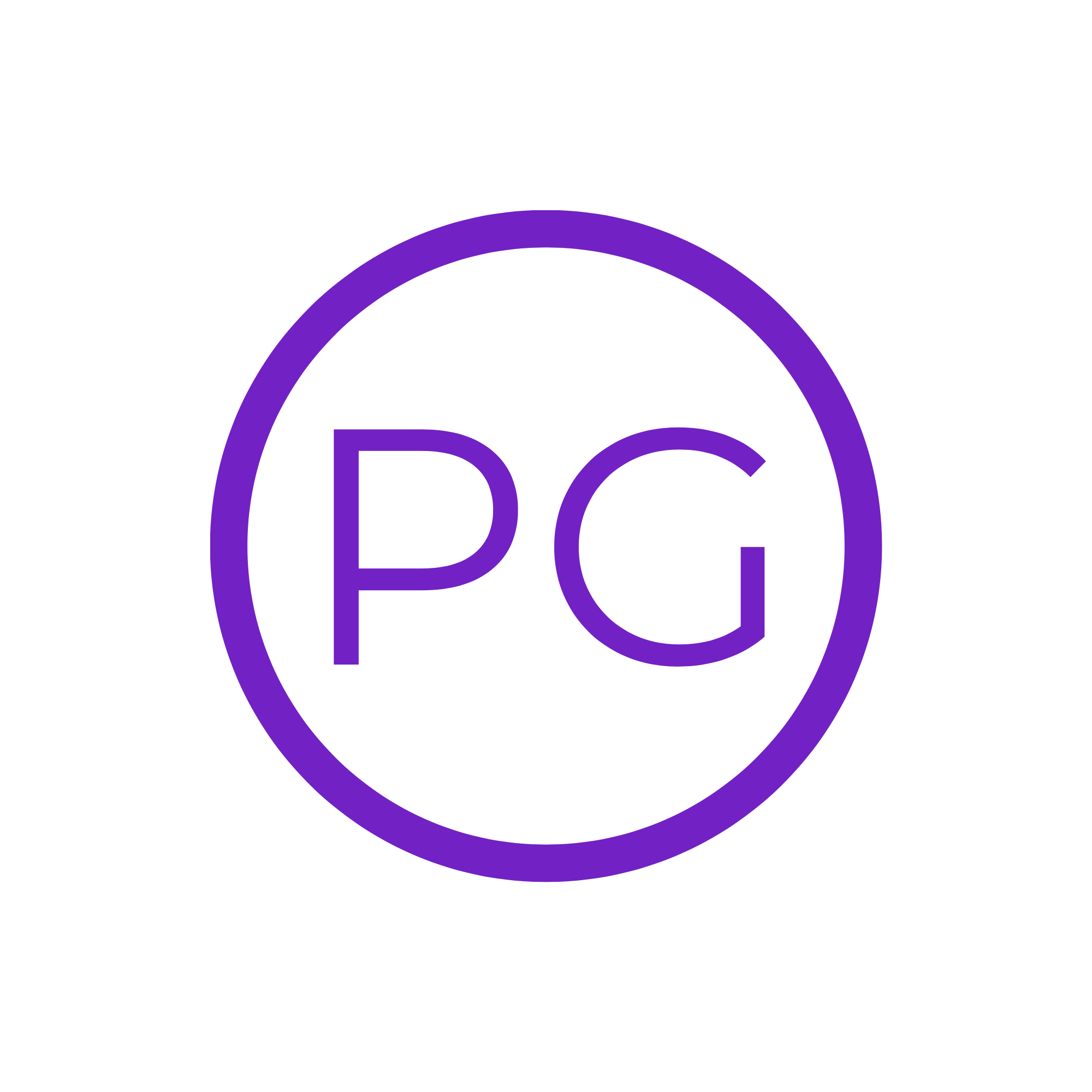Your Money or Your Life (Review)
Starting and running a couple of businesses was my first foray into really learning about finance, and personal finance was a natural progression from there. Today, I finished reading the original 1992 edition of Vicki Robin and Joe Dominguez’s Your Money or Your Life. I’d seen it referenced on a number of personal finance blogs over the year, and when I found a copy at a local used book store, I finally picked it up and gave it a read.
I won’t comment here on the methodology, other than to note that the concept of trading “life energy” for money is an interesting one, and the philosophy around thinking about how you would live your life if you didn’t have to work for money are questions I’d never asked myself, and now am thinking about often. Others far more savvy have pointed out that the investment strategies from 1992 very much do not translate well to 2020, but that said, the most recent edition of the book may offer something different I’m not sure, as that’s not the edition I read.
What I find most fascinating about this book is just how far ahead of its time it was: issues the author’s were citing at the time are very real today. They emphasize a great deal how much consumerism and its focus on consumption can tax the planet. Certainly we can see the effects our constant use of resources has had in terms of climate change and its resulting swings, but if you look further, we have extensive issues right this very moment resulting from constraints of a supply chain that relies very heavily on China. As it turns out, much of what we rely on for cleaning and sanitation is manufactured in China, and at the moment, much of said manufacturing is currently at a standstill while the COVID-19 virus is trying to be addressed and contained.
There’s a lot of issues at play here, certainly, but it’s all undoubtedly connected. I remember foreign exchange students in college remarking about how cheap things are to buy in the US. And while that’s true to a degree, what’s likely more true is that that cheap price drove up consumption while also driving down working conditions in the locations where said products were manufactured. These are externalities, and they’re becoming more and more expensive over time.
The other striking aspect of YMOYL is its focus on identifying what is enough, and uses an idea called a fulfillment curve (thoughtfully written about by Trent Hamm on the Simple Dollar in 2008) to help you visualize your own sense of enough. It’s 2020, and I know I have more than enough, and I know that many out there do as well. Where do I see this playing out? In social media and its heavy use of advertising, and even today’s concept of being an “influencer”. Through having the newest phone, tablet, computer. The myriad unboxing videos of gadgets and items. Targeted advertising which tracks your interests across the internet and “shows advertisements for things which might be relevant to you” (otherwise knowns as things they know you don’t have, but most likely would want if you’re shown it). The list goes on.
Finally, I loved how YMOYL places emphasis on finding what brings you fulfillment in life, and discourages our very real tendency (and very problematic cultural phenomenon here in the US) to equate our jobs/careers/professions as an inherent part of our identify. In fact, Suze Orman unintentionally spoke to this really well in a recent People article where her point of view was contrasted with that of the Financial Independence Retire Early (FIRE) movement. Suze Orman mentioned the boredom that might come from retirement and cited an example of a friend who retired and missed working. That isn’t a problem with financial independence, or even retirement; that’s a problem with a culture obsessed with work, career, and growth at all costs. It’s simple: the US has a culture that lives to work, rather than embracing the potentially simpler life that could come from working to live. Her friend likely equated working with having a purpose and finding fulfillment, but as YMOYL points out, you can have a purpose while not needing to work; and what’s more, you can work if said work brings you that sense of purpose and fulfillment; you just don’t have to rely on it as your only source of income or even something necessary to your income, so you can exercise much more control over the work you do.
I know, for me, I realized last year that I’d forgotten what it’s like to have a hobby. Writing on my own website again has rekindled an old hobby that I long enjoyed, before life became graduate school, work, work, work, paying off student loans, and more work. As I think about my own student loan debt, I also think about how much the total US household debt has once again set a record by the end of 2019, totaling more than $14 trillion (if you follow that link, hit the ‘max’ button to see the astonishing visual showing growth of debt over the last 20 years). Given my student loan debt, I’m not currently in a place where I can stop the pace of my work, but it’s something I’m diligently working to improve, and this book has given me new insight and lots to think about. It’s also helped change the way I talk to friends and family, and do whatever small part I can to start changing the culture of this country.
